Swiss authorities were aware of illegal adoptions from Sri Lanka, report reveals
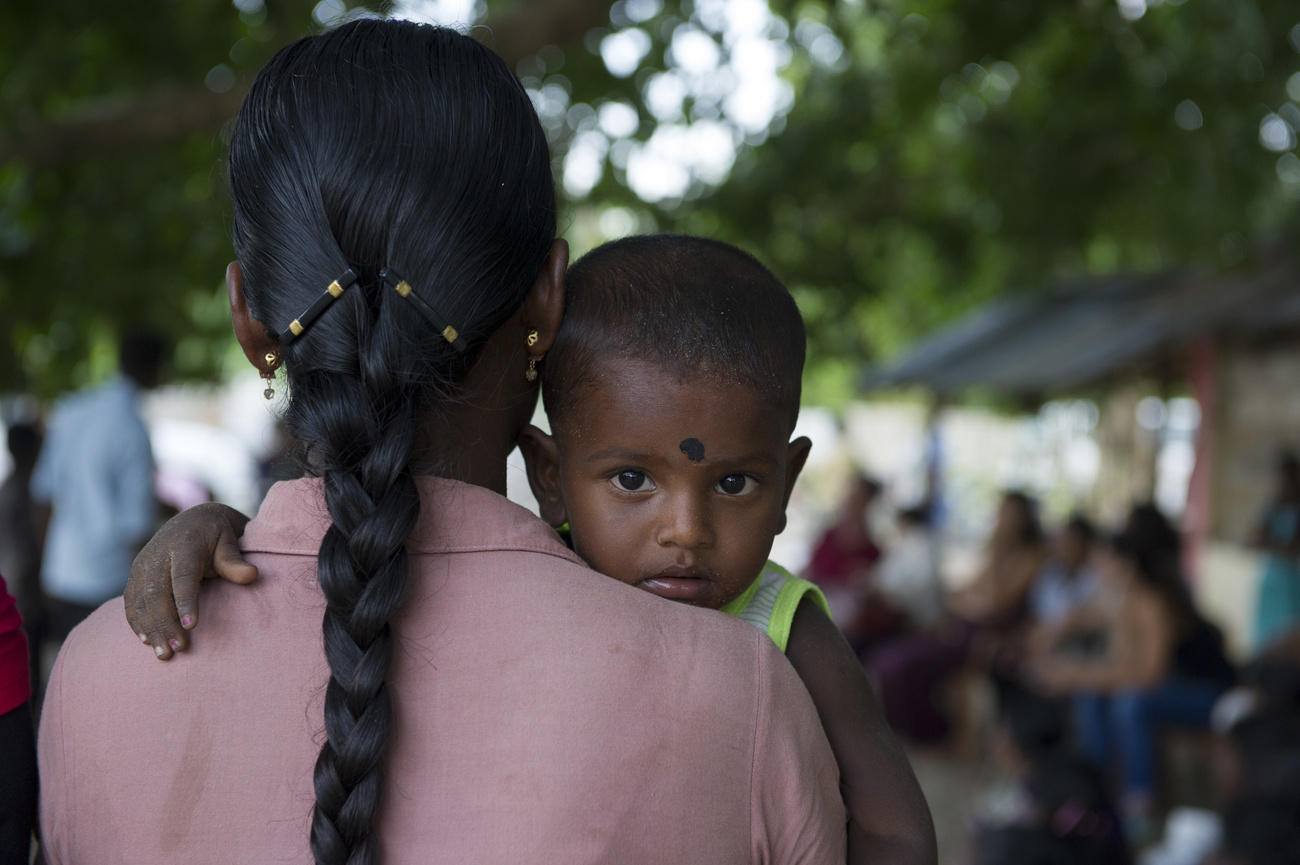
A report on irregularities in adoptions from Sri Lanka in the 1970s and 1980s concludes that authorities turned a blind eye to the situation. More than 700 Sri Lankan children were adopted in Switzerland during that period.
The Swiss authorities had been aware of the existence of irregularities and cases of child trafficking by the end of 1981 but did not halt adoptions from Sri Lanka until 1997. This is the main conclusion of research carried out by the Zurich University of Applied Sciences External link(ZHAW) commissioned by the Federal Office of Justice and Police External linkand presented on Thursday. For the first time, the ZHAW was able to evaluate adoption records of children from Sri Lanka held by certain federal authorities, three cantons, several district offices and municipalities.
According to Prof. Nadja Ramsauer of ZHAW, who is one of the authors of the report, the Swiss federal authorities delegated responsibilities to other bodies, made adoption and entry procedures easy at the behest of adoption agencies and the general supervision of adoption did not work. The cantons were also lax in their supervisory role. They allowed child placement agencies to operate even though did not meet legal requirements to do so.
The analysis of individual adoption files revealed that procedural errors had occurred: The declarations of consent of the biological parents were missing in the documents, the entry permits contained falsified data about the children, too few of the future adoptive parents were examined in detail with regard to their abilities, and children had poor legal representation during the two-year foster care relationship because no guardian had been appointed to them.
Final responsibility
While cantons had a role to play it was the federal authorities that bear the final responsibility since child custody went beyond national borders in this case.
“It was an interplay of various federal authorities, each of which was responsible for a part of the problem. The most important of these were the Federal Office for Foreigners’ Affairs (now the State Secretariat for Migration), the Federal Office of Justice and the Swiss embassy in Colombo,” Ramsauer told swissinfo.ch.
Through an internationally organised network, up to 11,000 Sri Lankan children were given up for adoption, often illegally, in various European countries, particularly in the 1970s and 1980s. More than 700 children from Sri Lanka were adopted in Switzerland, some of them illegally.
According to the ZHAW study, the placement of these Sri Lankan children proved to be very lucrative for locals because of poverty and low wages in Sri Lanka, a situation that also encouraged corruption.
The starting point for the study was a Dutch television programme, which aired in 2017 and drew attention to widespread child trafficking between Sri Lanka and several European countries. A report published in 2019 initially lifted the veil on the controversial adoptions of Sri Lankan children by Swiss parents in the 1980s.
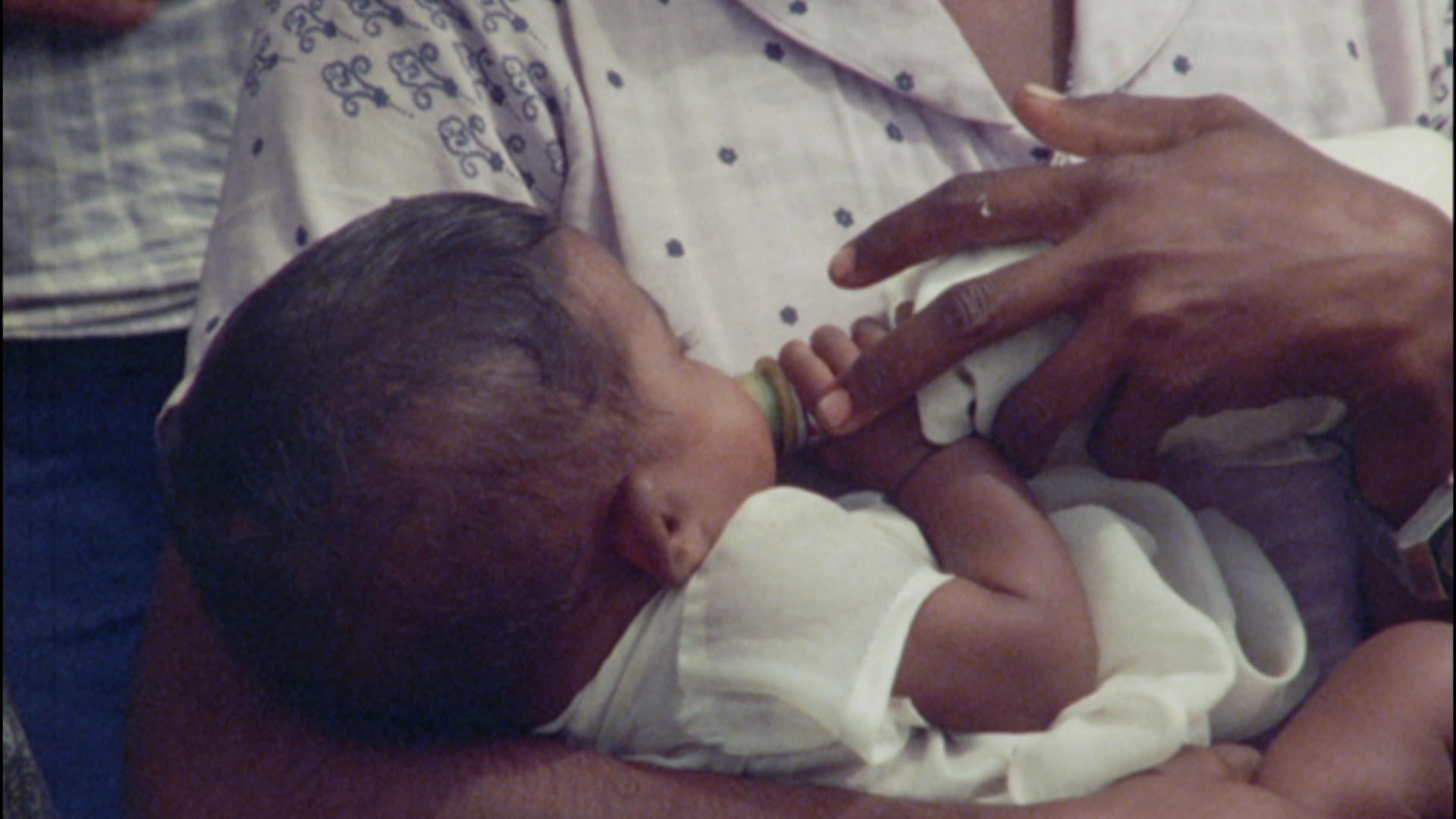
More
Sri Lankans in Switzerland demand justice

In compliance with the JTI standards
More: SWI swissinfo.ch certified by the Journalism Trust Initiative














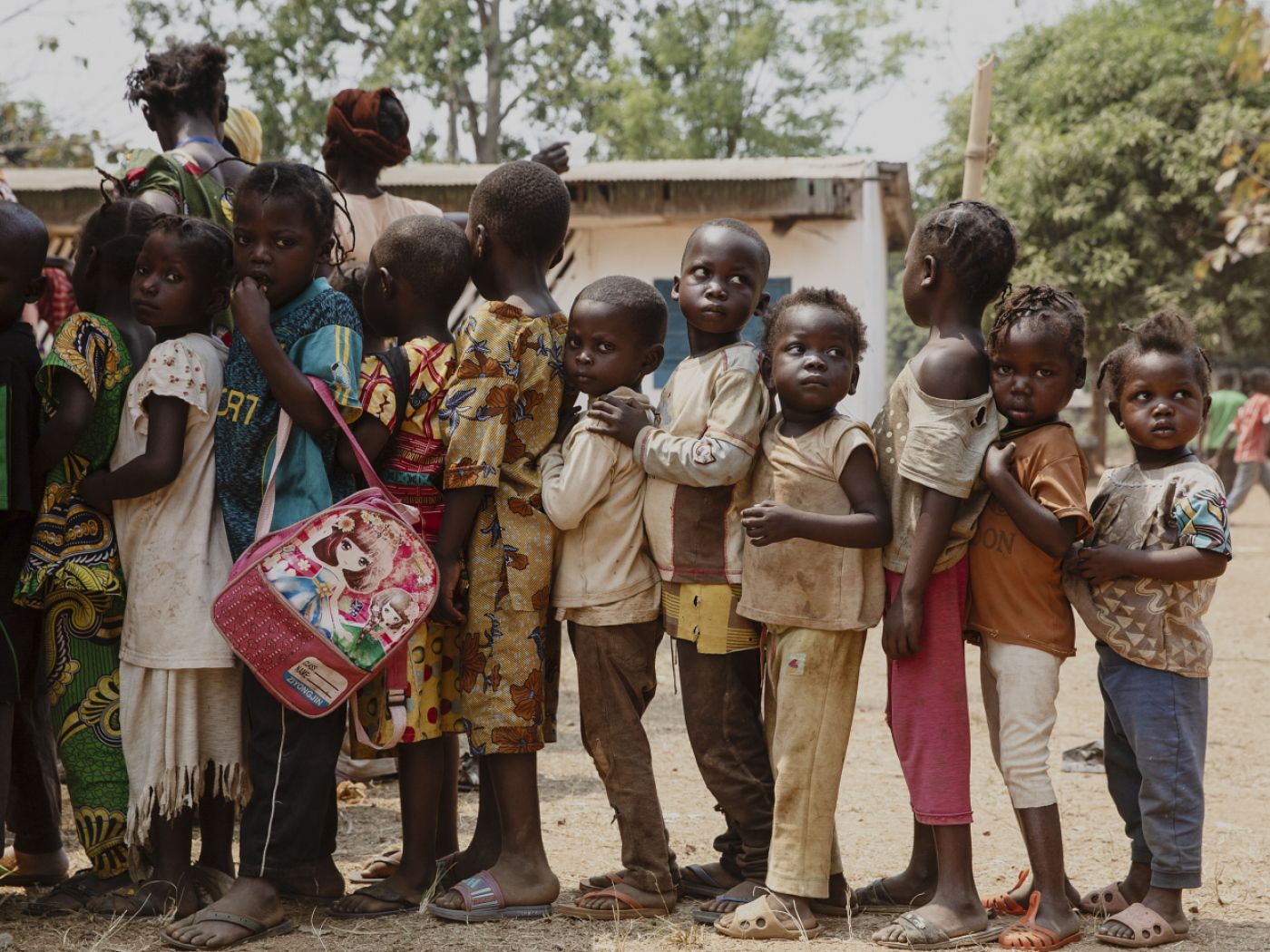





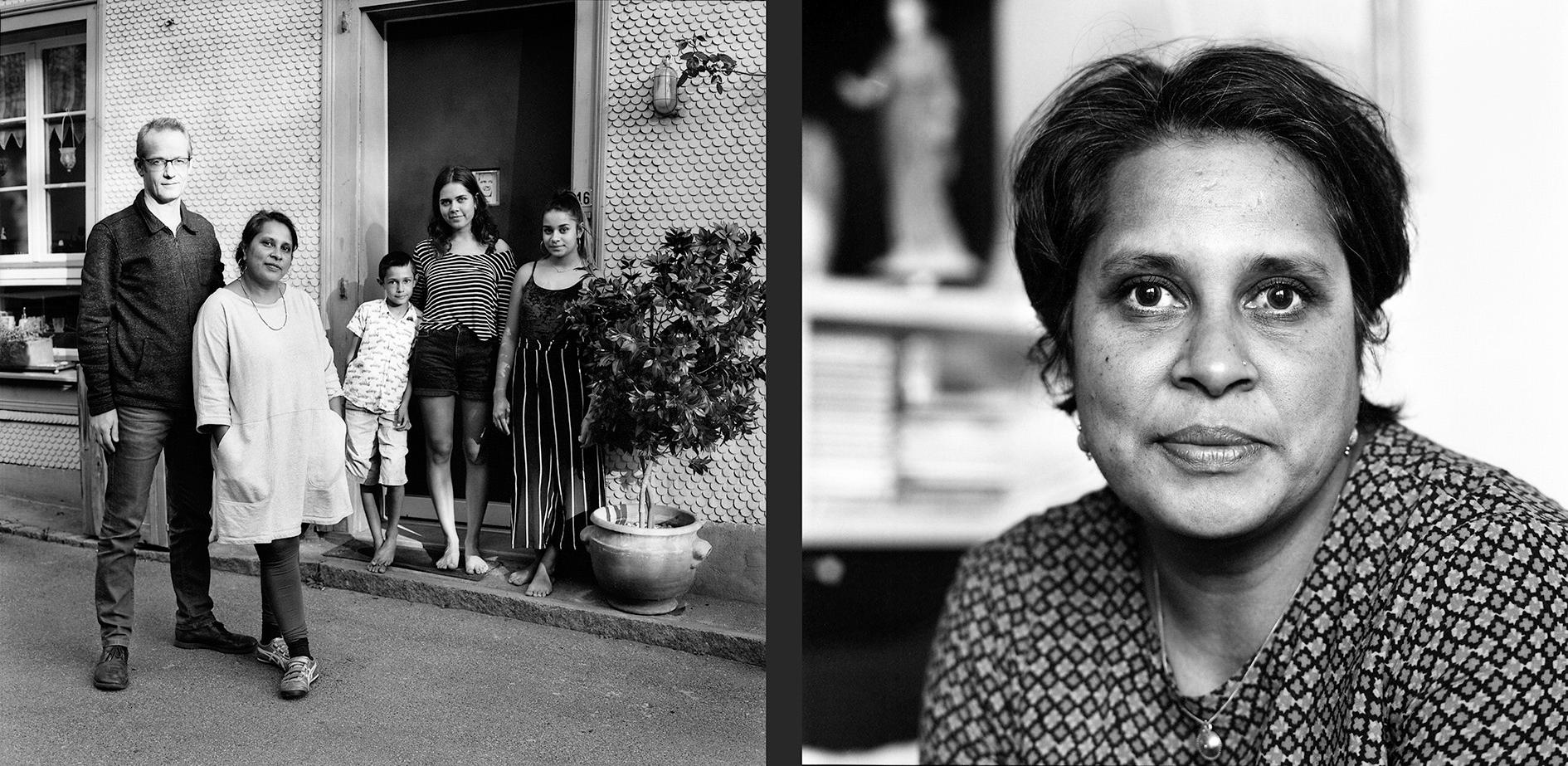
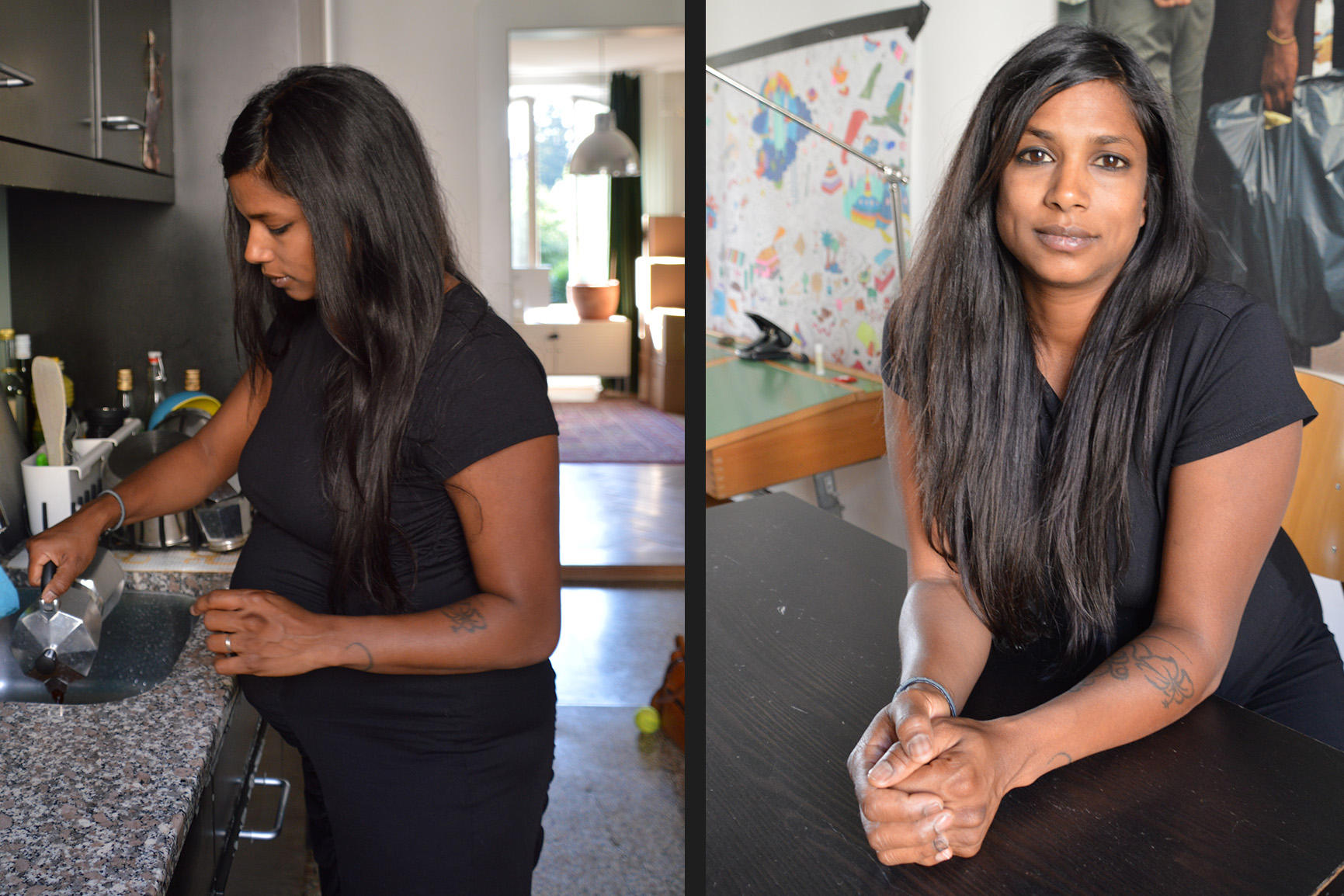
You can find an overview of ongoing debates with our journalists here . Please join us!
If you want to start a conversation about a topic raised in this article or want to report factual errors, email us at english@swissinfo.ch.